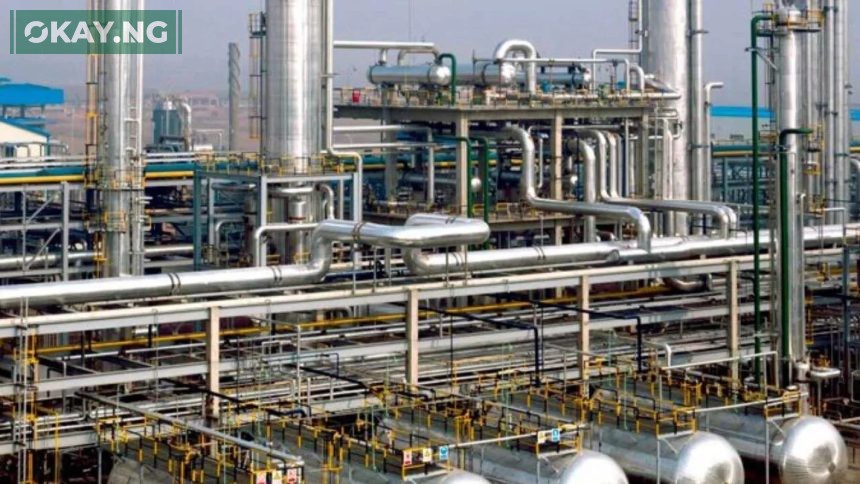Reassuring the public amidst swirling reports, the Nigerian National Petroleum Company Limited (NNPC Ltd) has affirmed that the Port Harcourt Refining Company (PHRC) remains fully operational, despite a minor incident earlier in the week. The company clarified that the refinery continues to produce refined petroleum products that meet required specifications.
Olufemi Soneye, the Chief Corporate Communications Officer of NNPC Ltd, issued a statement on Wednesday evening, directly addressing concerns that had surfaced. “NNPC Ltd wishes to clarify that despite a minor incident at a section of the Port Harcourt Refining Company (PHRC) earlier today, the plant remains operational and continues to produce on-spec refined petroleum products.”
This statement follows earlier reports, which the NNPC swiftly dismissed, of an alleged explosion at the facility. Instead, the company clarified that the event was a “flare incident,” a routine occurrence in refinery operations, which had been “contained fully.” This distinction is crucial, as the term “explosion” evokes images of catastrophic damage, potentially leading to public panic and market instability.
The significance of the Port Harcourt Refinery’s continued operation cannot be overstated. After a protracted rehabilitation period, the refinery’s resumption of production in November 2024 was heralded as a major milestone for Nigeria’s energy sector. As I consider the implications, I understand that the ability to refine crude domestically is a critical step towards reducing reliance on imported fuel, which has long been a drain on the nation’s economy and foreign reserves.
“NNPC Ltd assures the public that there is no cause for concern, as all sections of the recently rehabilitated plant are in full operation,” Soneye stated, reinforcing the company’s commitment to transparency and stability. The fact that truck loading of petroleum products commenced on November 26, 2024, as previously announced, signals a tangible output from this rehabilitated facility.
Read Also: Modular Refineries Await Crucial Crude Oil Supply Amidst NNPC’s Focus on Larger Operations
However, the “minor incident” raises questions about the long-term sustainability and safety of the refinery’s operations. For many Nigerians, the reliability of domestic fuel supply is deeply personal. Fluctuations in availability and price directly impact daily life, from transportation costs to the cost of goods. The emotional weight of these concerns underscores the need for continuous, transparent communication from the NNPC.
The rehabilitation of the Port Harcourt Refinery was a long-awaited development, promising to alleviate some of the economic pressures associated with fuel importation. According to the Nigerian Bureau of Statistics, the cost of transportation has significantly contributed to inflationary pressures in recent years. This highlights the delicate balance between technical operational updates and the real-world impact on ordinary citizens.
The assurances from NNPC are vital, but it is equally important to acknowledge the anxieties that persist. The refinery’s continued operation is not just an economic imperative; it’s a matter of daily stability for millions.













